I’m starting today’s post with joyful noises.
Saturday morning.
Early autumn rain.
Mommy’s kisses.
A toddler giggling.
Potty training cues.
Love and joy in an infinite loop.
repeat. repeat. repeat.

I’ve been reflecting on a Sukkot post written by dear friend and inspirational human being
about the urgency of demanding joy in times where joy is misaligned with luxury and privilege. This facade is not joy because it is not universal. Joy dignifies and heals. Joy is a human right. It belongs to us and I believe what belongs to us will finds its way to us. This means that joy is seeking me as much as I’m seeking it. This also means that if I am to seek joy as a dignifying factor of my life and the lives of others then I must hold it as my inheritance. I, an impoverished Black and Filipina mother, deserves to have joy as my portion. As do you. You deserve joy. Joy is evidence of belonging. To deprive people of joy is to say that they do not have the dignity to belong to humanity.Our joy isn’t really joy if it’s available only for the privileged. There’s no joy if those who are most likely to experience harm are excluded from our purview, and our celebrations. That’s not holy rejoicing. [ Rabbi Danya ]
I have been in deep survival mode lately as my husband and I gloss over budgets, bills, the silent inflation, and dealing with everyday realities that come with working in public education. Life has been hard and I wish I could tell you that I’m holding onto my joy. I haven’t. I’ve been hyper focused on strategizing through the next day, the next hour, the next few minutes, or the next moment. I often feel like I’m stuck in a cave, wondering when the light will find me, but joy isn’t about finding the light. Joy is about the shared experience of dignity that holds us and heals us where we are instead of convincing us to imagine where we should be. Dignity can be found in the darkest of times and the harshest situations. There is dignity even as we survive violent regimes, blood thirsty empires, and institutional violence.
I’m thinking of joy today as I think of these next few weeks leading up to my book’s debut in this world. Writing theology that centers the stories of survivors in the Bible has brought me great joy and deepened my heartache. This responsibility of telling their stories with truth and a trauma-informed lens feels like a privilege to behold. I found this joy (or, rather, this joy found me) in the darkness of their stories and deep within the jagged crevices of their pain. Each survivor spoke their story to me and I had the honor of holding them in their pages and bestowing dignity to us all. I am a survivor too. I am still surviving. In listening to the Bible’s survivors, the ancestral survivors, and my living siblings who continue to survive these forms of violence I share in the holy work of dignifying ourselves in societies that are hyper focused on dehumanizing us.
Joy isn’t about finding the light.
On October 31st many of you will be holding a copy of my book in your hands. (I’m feeling a lot of feelings as I process this reality.) It is a book that analyzes violence, dignifies survivors, and pursues a liberation that collectively heals. Lately I’ve been thinking of this book as a piece of apocalypse work. The title is big because there’s so many opinions of what an apocalypse is and isn’t. The Oxford dictionary definition of apocalypse is, "an event involving destruction or damage on an awesome or catastrophic scale.” If this is so, then I have faced many apocalypses: racism, sexism, misgynoir, queer phobia, patriarchy, political instability, economic collapse, every kind of retaliation, etc. etc.
To do apocalypse work to is extoll dignity in the face of the many multilayered atrocities our intersectional identities face. All Apocalypse Work is the creation of life in the face of so much death. It is resistance, healing, and liberation. The Hero and the Whore is a book about apocalypses and the people who survived them as they built a heritage of liberation. It is a book about people who clung to joy in the darkness.







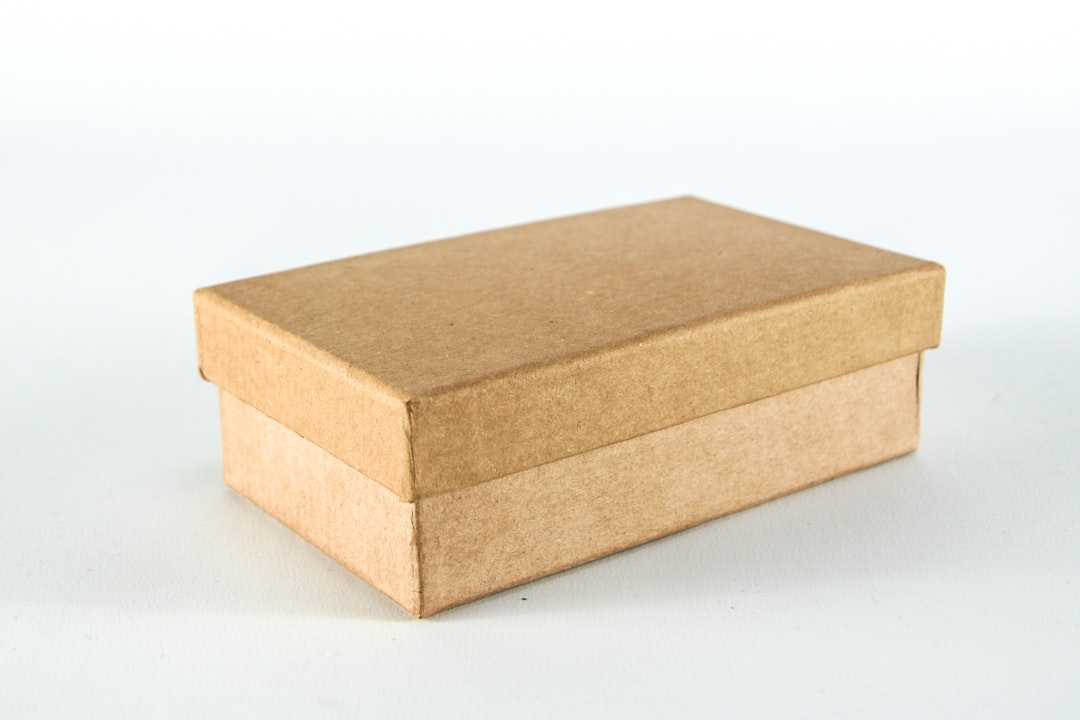
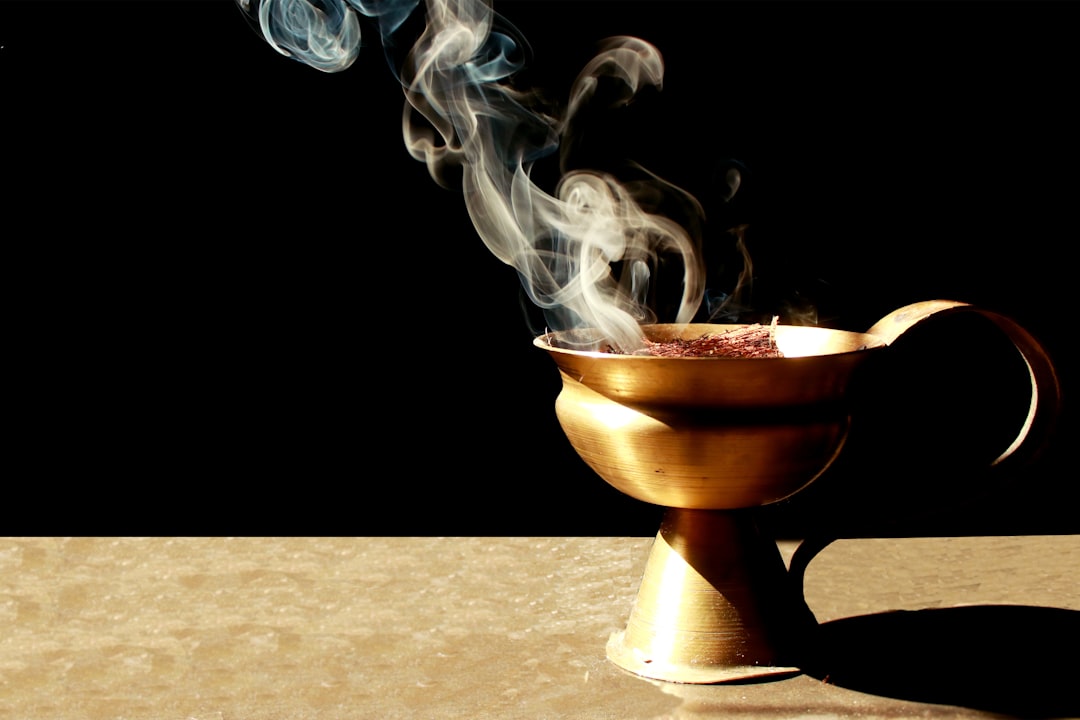
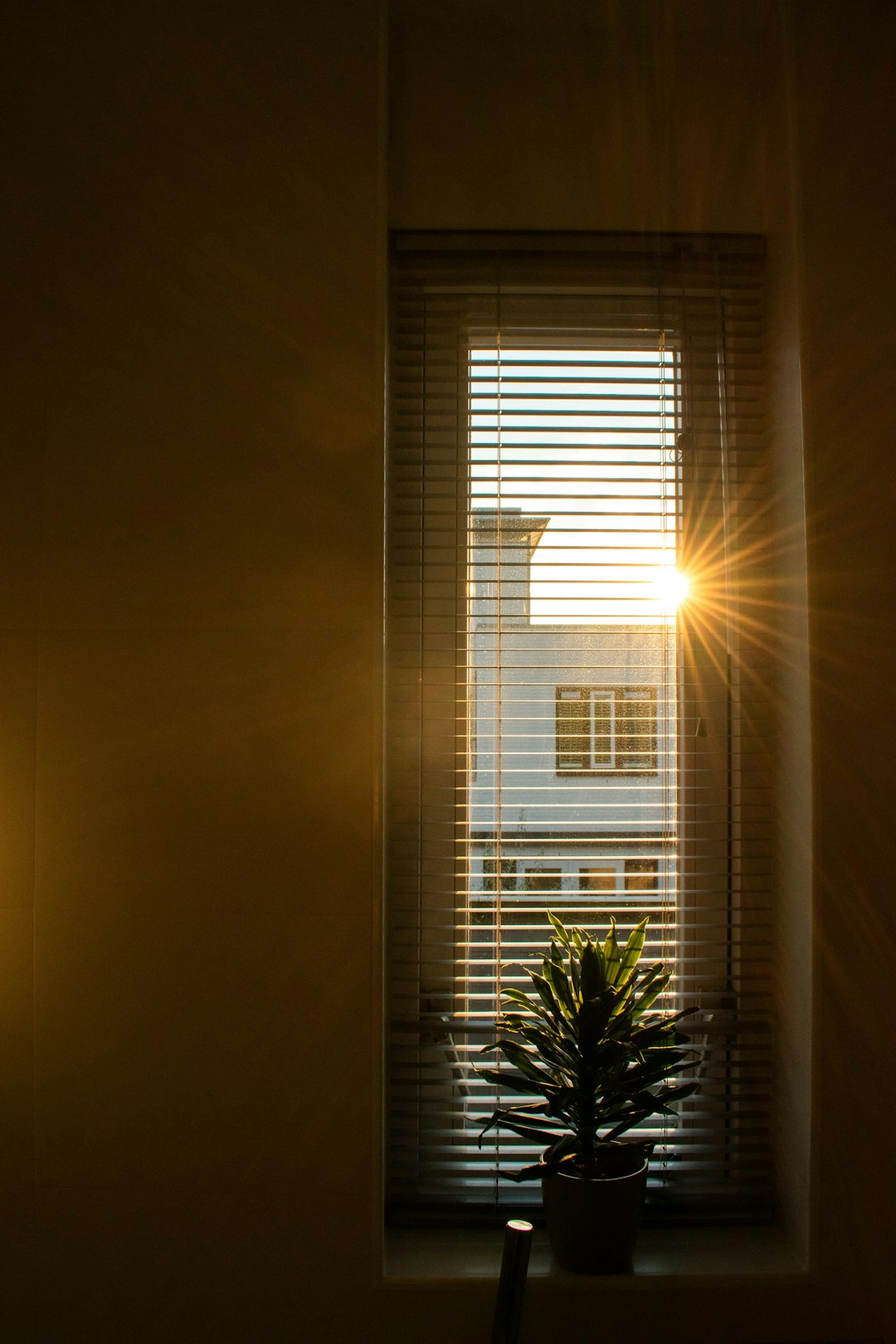
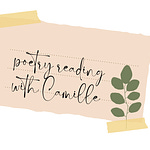
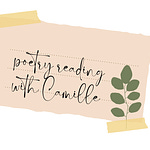
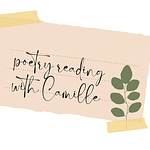
Share this post